Twitter to secure high-profile accounts ahead of the 2020 election
Twitter aims to reduce the chances of hackers breaching these accounts as we approach the presidential election
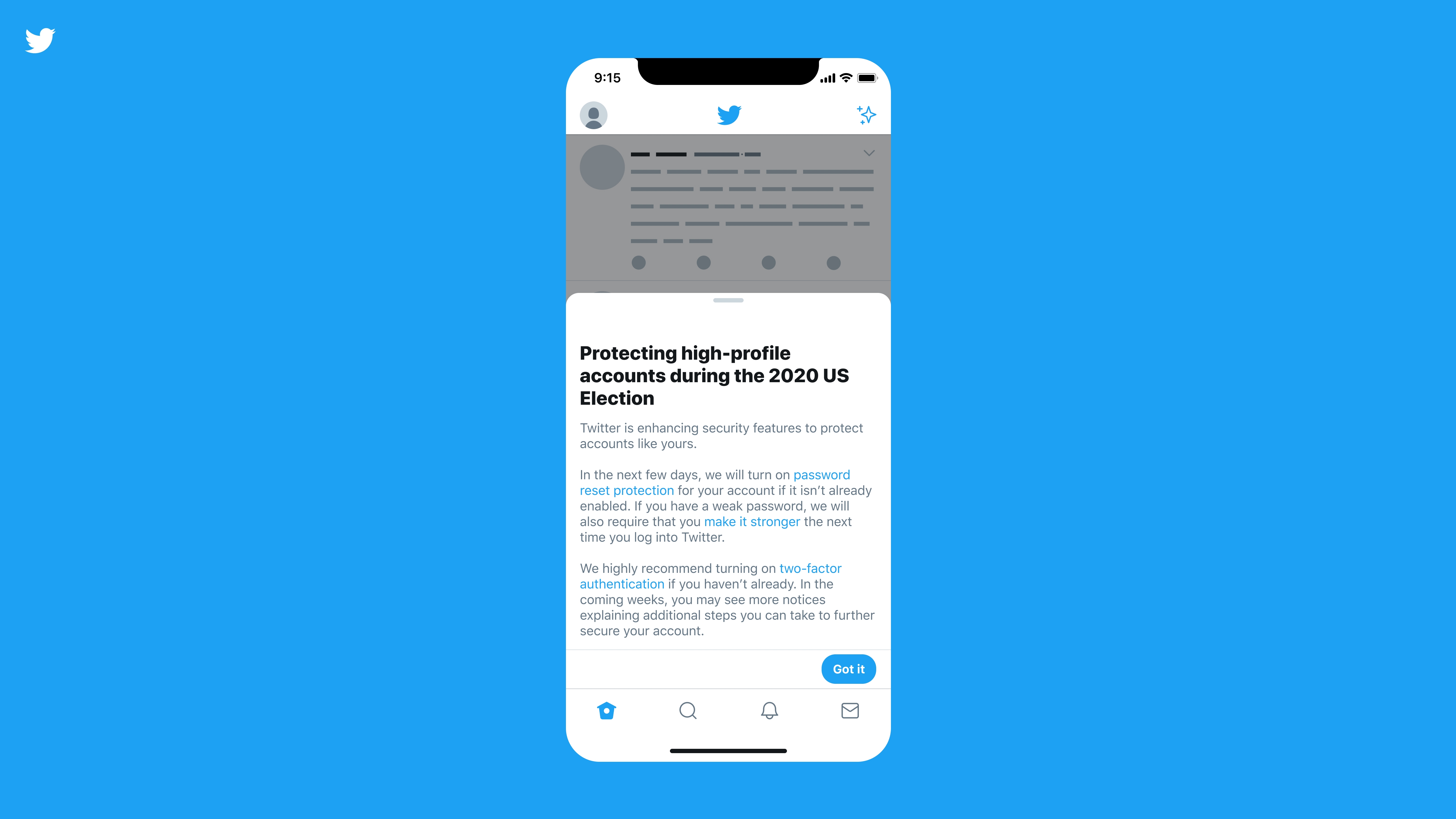
Twitter has announced that it will help secure high-profile accounts ahead of the US presidential election.
According to the announcement, Twitter will require or strongly recommend security updates for certain high-profile accounts that could influence the November 3 election. The hope is to protect them from potential election-influencing hacks.
Twitter plans to inform these accounts of the suggested and required changes via an in-app notification (pictured above). The accounts Twitter plans to target include:
- The US Executive Branch and Congress
- US Governors and Secretaries of State
- Presidential campaigns, political parties and candidates with Twitter Election Labels who are running for US House, US Senate, or Governor
- Major US news outlets and political journalists
Some of the security updates will include:
- Requiring a strong password — those with weak passwords will have to update it on the next login
- Users must verify their email address or phone number to reset their passwords
- Strong recommendations to activate two-factor authentication
Twitter will also implement additional internal security measures, starting with more advanced suspicious activity detection and alerts. It’ll also add additional login defenses and expedited account-recovery support.
This isn’t the first security measure social media companies have taken leading into the 2020 election. Facebook and Instagram launched their Voting Information Center in August, and Twitter released strict election misinformation rules around the same time. In January, Facebook banned deepfakes and manipulated videos.
Then, in September, Facebook announced it would stop approving political ads a week before the election. Finally, later in September, Twitter announced it would remove or label tweets intended to undermine public confidence in civic processes.
Sign up today and you will receive a free copy of our Future Focus 2025 report - the leading guidance on AI, cybersecurity and other IT challenges as per 700+ senior executives
These law changes come on the heels of social media manipulation allegedly playing a role in the 2016 presidential election and the increased use of social media in politics.
-
 Who owns the data used to train AI?
Who owns the data used to train AI?Analysis Elon Musk says he owns it – but Twitter’s terms and conditions suggest otherwise
-
 Elon Musk confirms Twitter CEO resignation, allegations of investor influence raised
Elon Musk confirms Twitter CEO resignation, allegations of investor influence raisedNews Questions have surfaced over whether Musk hid the true reason why he was being ousted as Twitter CEO behind a poll in which the majority of users voted for his resignation
-
 Businesses to receive unique Twitter verification badge in platform overhaul
Businesses to receive unique Twitter verification badge in platform overhaulNews There will be new verification systems for businesses, governments, and individuals - each receiving differently coloured checkmarks
-
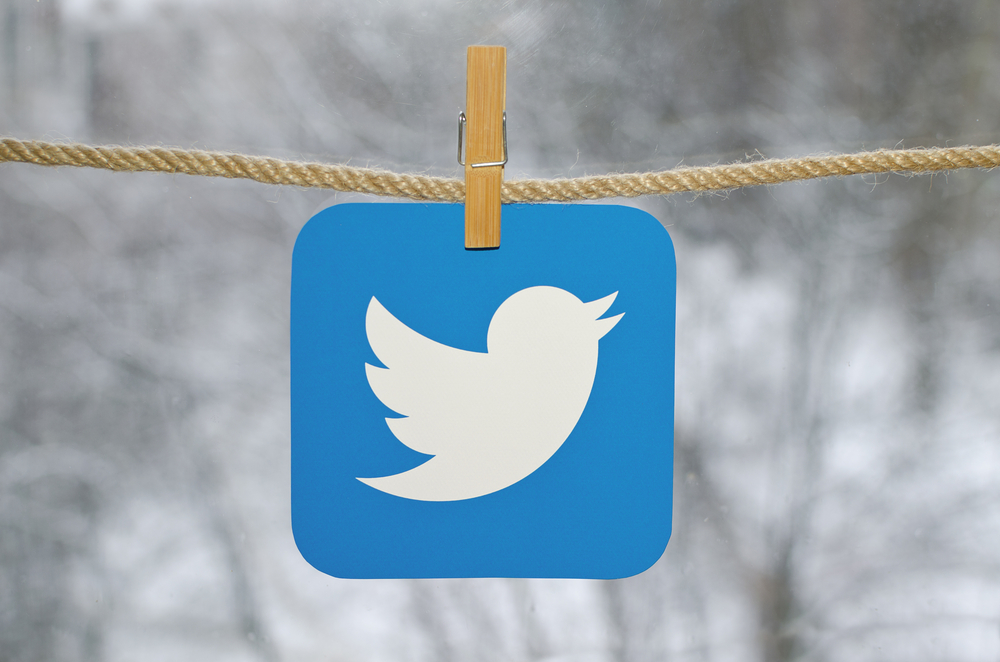 Ex-Twitter tech lead says platform's infrastructure can sustain engineering layoffs
Ex-Twitter tech lead says platform's infrastructure can sustain engineering layoffsNews Barring major changes the platform contains the automated systems to keep it afloat, but cuts could weaken failsafes further
-
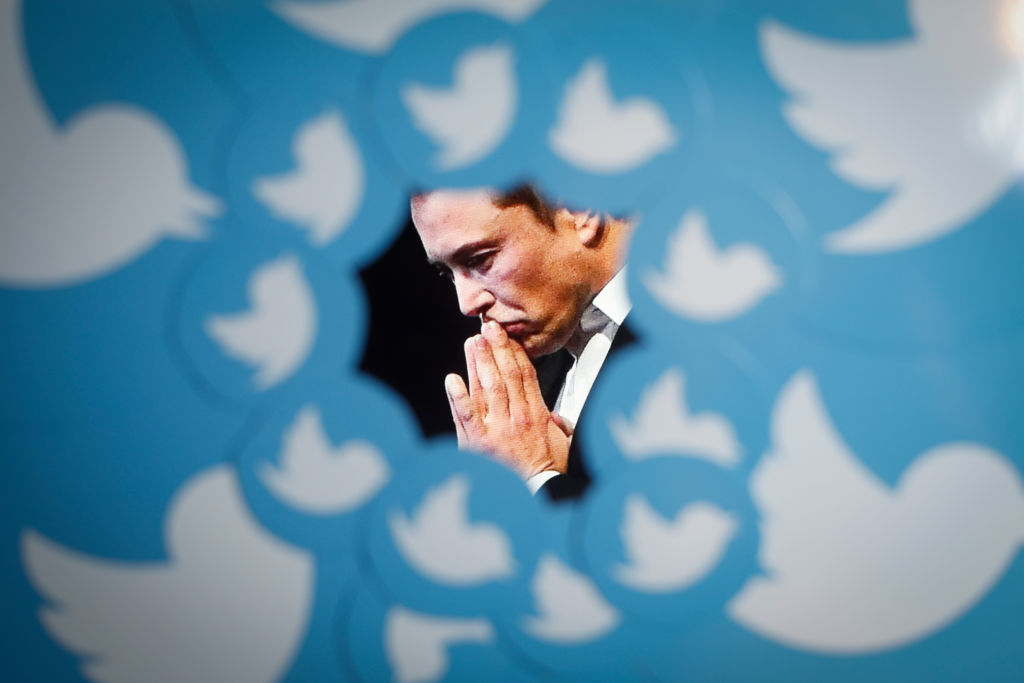 ‘Hardcore’ Musk decimates Twitter staff benefits, mandates weekly code reviews
‘Hardcore’ Musk decimates Twitter staff benefits, mandates weekly code reviewsNews The new plans from the CEO have been revealed through a series of leaked internal memos
-
 Twitter could charge $20 a month for 'blue tick' verification, following Musk takeover
Twitter could charge $20 a month for 'blue tick' verification, following Musk takeoverNews Developers have allegedly been given just seven days to implement the changes or face being fired
-
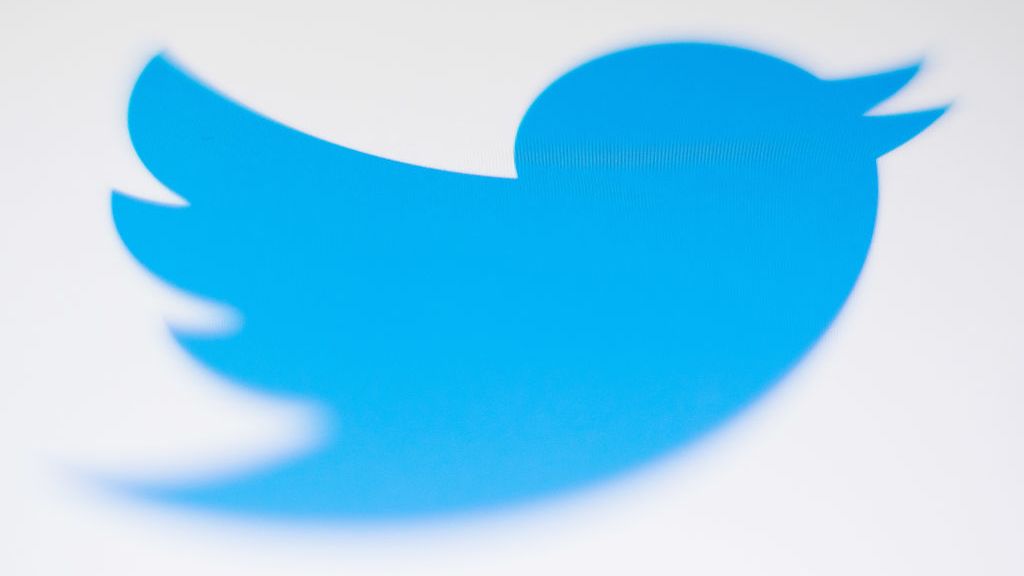 Twitter reports largest ever period for data requests in new transparency report
Twitter reports largest ever period for data requests in new transparency reportNews The company pointed to the success of its moderation systems despite increasing reports, as governments increasingly targeted verified journalists and news sources
-
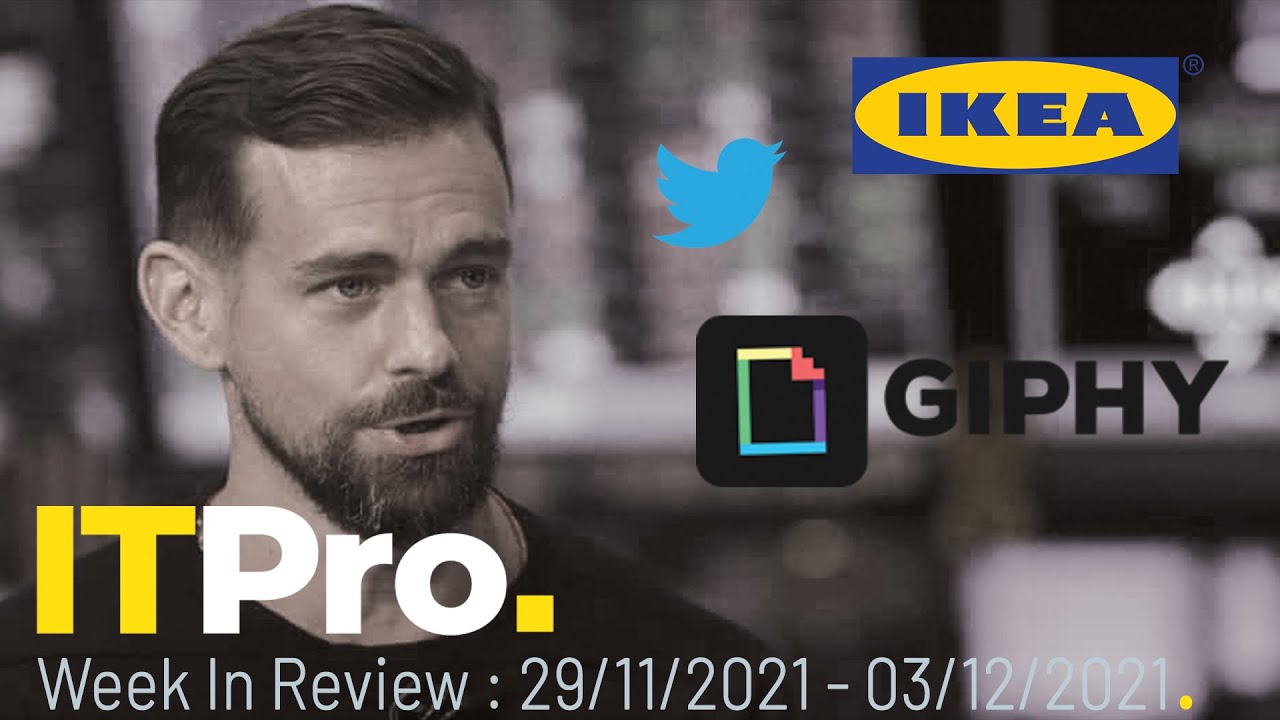 IT Pro News In Review: Cyber attack at Ikea, Meta ordered to sell Giphy, new Twitter CEO
IT Pro News In Review: Cyber attack at Ikea, Meta ordered to sell Giphy, new Twitter CEOVideo Catch up on the biggest headlines of the week in just two minutes

